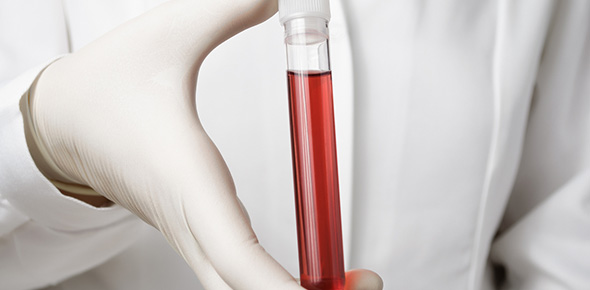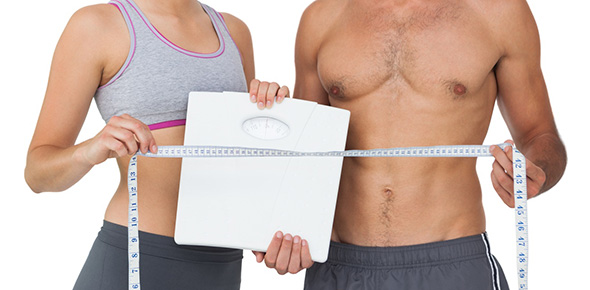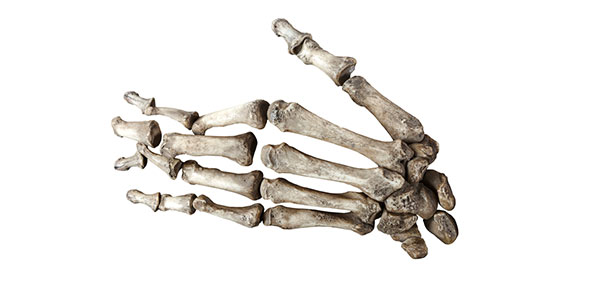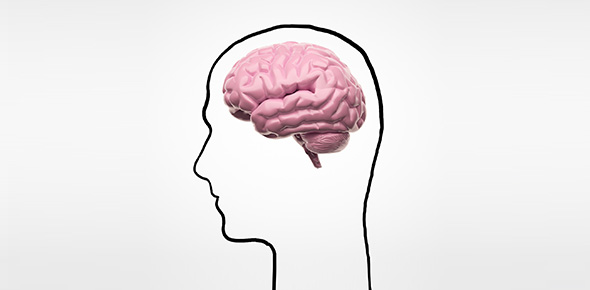Related Flashcards
Cards In This Set
| Front | Back |
|
What is the Myocardium?
|
The Heart Muscle
|
|
Cardiometabolic Health is?
|
Referring to the heart and to the biochemical processes involved in the body's functioning.
|
|
Difference between veins, arteries, capillaries?
|
Veins pump blood to the heartArteries pump to the rest of the body than divides into capillaries.Capillaries: the smallest blood vessels of all. Blood returns to the heart and the veins. Connects arteries to veins.
|
|
Risk Factors for Heart Disease? Controllable vs. Uncontrollable?
|
Uncontrollable: Age Depression, athletes, anger and hostility, personality types, genes, hereditary.Controllable: High Cholesterol, High tryglic levels, stress, obesity, lack in exercise.
|
|
Hypertension? How does it happen? What are current guidelines for Hypertension?
|
High Blood Pressure.
|
|
What happens to walls of arteries due to high blood pressure?
|
S
|
|
Define Systole and Diastole?
|
Systole: The rhythmic contraction of the heart, especially of the ventricles, by which blood is driven through the aorta and pulmonary artery after each dilation or diastole. Also called miocardia. (heart when working out)
Diastole:The normal rhythmically occurring relaxation and dilatation of the heart chambers, especially the ventricles, during which they fill with blood. ( heart while resting) |
|
Cholesterol? LDL/HDL what do they mean?
|
Cholesterol: An organic substance found in animal fats; linked to cardiovascular disease, particularly atherosclerosis. 120/80HDL: Good or healthy cholesterol- which helps prevent cholesterol buildup. Less than 40mg/dL (for men) Less than 50 (for women)LDL: Bad cholesterol- the main culprit in the buildup of plaque within the arteries. Less than 100 mg/dL
|
|
How do you lower your cholesterol?
|
Dietary changes, food you eatweight management helps lower LDL and HDLPhysical activity
|
|
Diabetes? Different Types? How do you get it? Risk Factors?
|
Diabetes is a chronic
(lifelong) disease marked by high levels of sugar in the blood. Diabetes can be
caused by having too little insulin, resistance to insulin, or both. Insulin is
a hormone produced by the pancreas to control blood sugarTypes: Type 1 Diabetes, Type 2 Diabetes, Gestational Diabetes, Metabolic Syndrome
How do you get it: Poor eating habits, Over weight (Obesity), Lack of exercise, Unhealthy pancreas, Genes, Laziness, High blood
Triglyceride (fat) levels, Hereditary, High sugar diets, Stress, High blood sugar, Fast food, Alcohol, Gestational diabetes
or giving birth to a baby great than 9 pounds.Risk Factors: Weight around the middle of the body, Genes, hormonal changes, lack of exercise, high blood pressure, Coronary Artery Disease, Stroke, Heart Attack, Low HDL cholesterol, Triglycerides higher that 150
|
|
Signs and Symptoms of Diabetes
|
Symptoms: Blurred Vision, Fatigue, Frequent infections,
including those of the bladder, vagina, and skin, Increased thirst, Increased urination, Nausea and vomiting,Weight loss in spite
of increased appetite.Signs: Sore feet, high blood pressure, high cholesterol, heart ache, stroke, weight gain.
|
|
Atherosclerosis? What is it?
|
A disease of the lining of the arteries in which plaque deposits of fat, fibrin (a clotting material), cholesterol, other cell parts, and calcium, narrows the artery channels. (pg. 281)
LDL penetrates an artery wall and the accumulation of LDL cholesterol triggers inflammation. |
|
Arteriosclerosis? Hardening of the Arteries
|
Plaque build up that forms blockage that leads to heart attack. Cold clamy hands, arm pain.
|
|
Plague? What is it?
|
Sludgelike substance (deposits of fat, fibrin (a clotting material), cholesterol, other cell parts, and calcium, narrows the artery)
|
|
What should you do to unclog your arteries?
|
S
|







